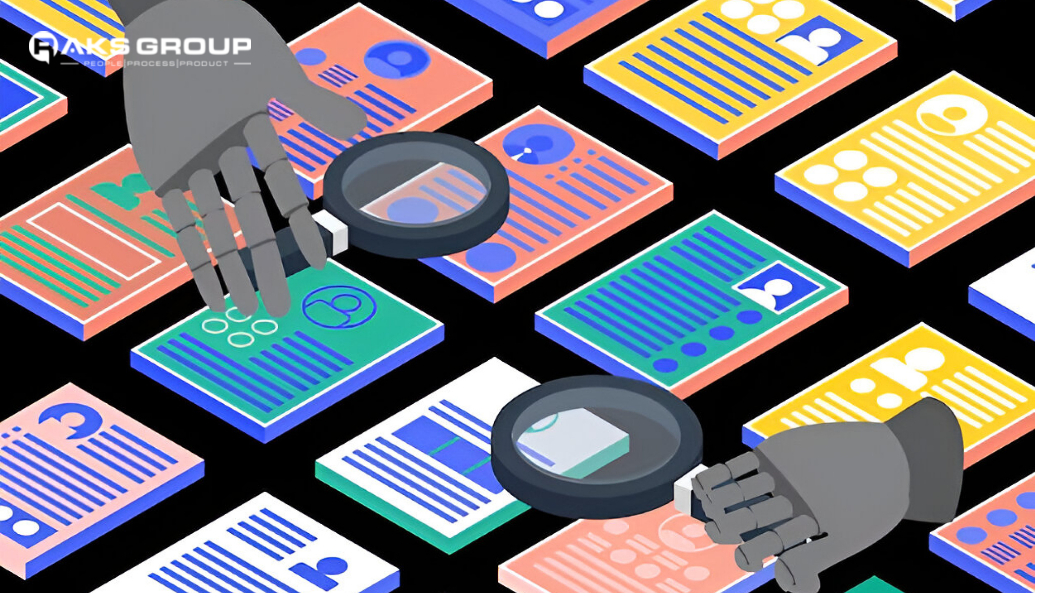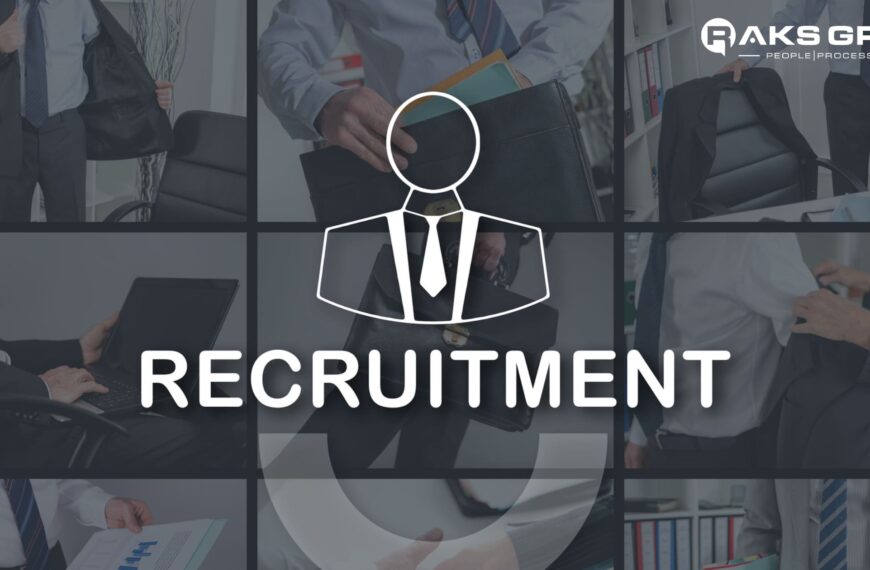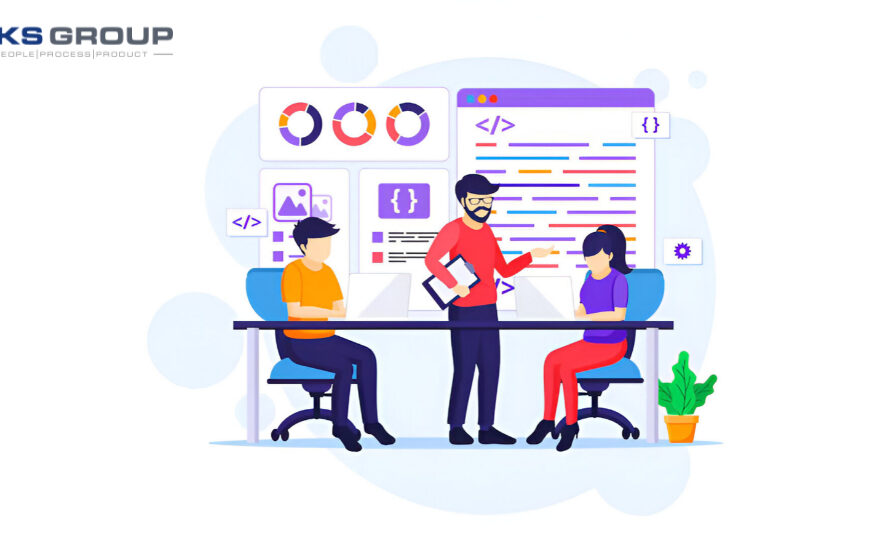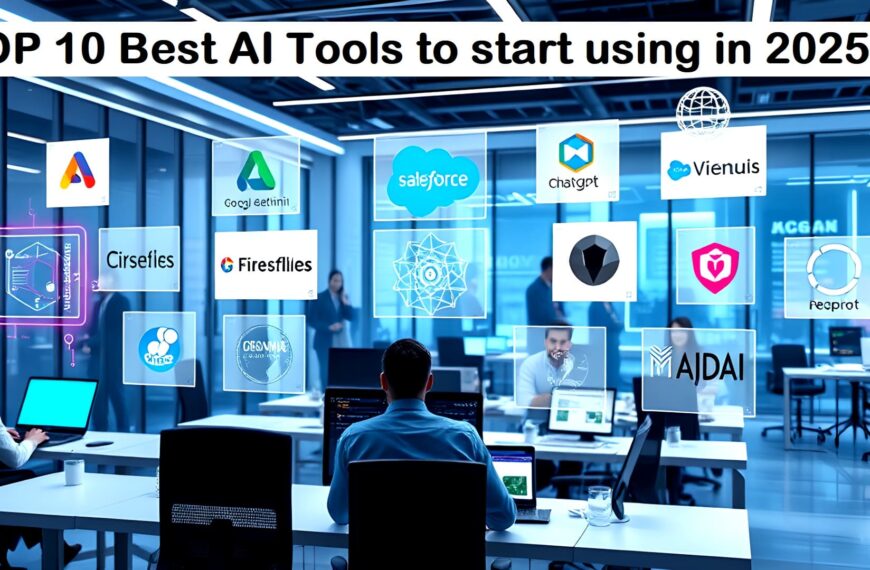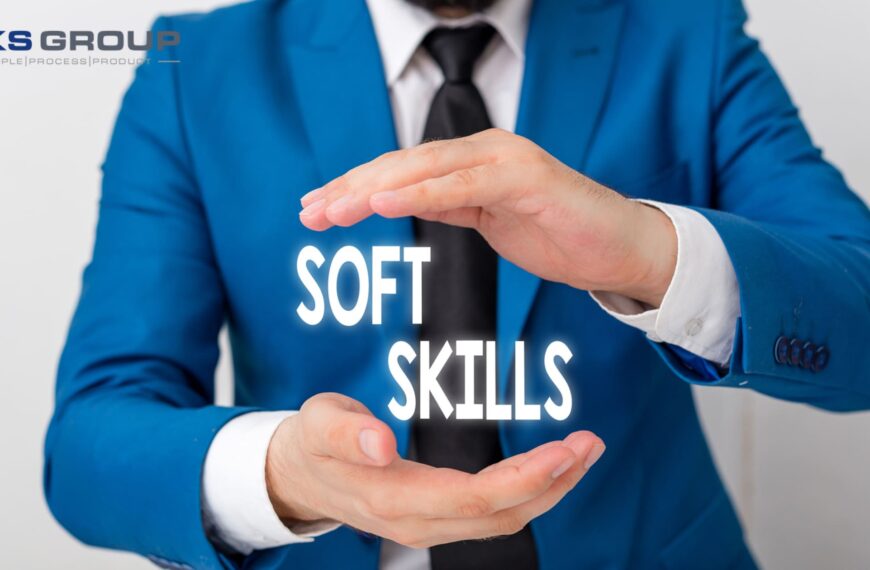The hiring process has always been a critical component of business success. However, in today’s fast-paced world, the traditional methods of sifting through piles of resumes to find the right candidate are becoming increasingly inefficient. Enter Artificial Intelligence (AI), a technology that is transforming how companies approach resume screening and revolutionizing the future of hiring.
The Evolution of Resume Screening
Resume screening has traditionally been a labor-intensive process. Hiring managers or recruiters would manually review each application, looking for the right qualifications, experience, and skills. This method, while effective, is time-consuming and prone to human error. Moreover, it can lead to unconscious biases that might overlook qualified candidates.
As the volume of job applications continues to grow, especially for high-demand positions, the need for a more efficient, unbiased, and accurate screening process has become evident. This is where AI comes in, offering a solution that not only speeds up the process but also enhances the quality of candidate selection.
How AI-Powered Resume Screening Works
AI in resume screening primarily involves the use of machine learning algorithms, natural language processing (NLP), and big data analytics. These technologies work together to automate the screening process, ensuring that only the most qualified candidates move forward in the hiring pipeline.
- Keyword Matching and Parsing:
AI algorithms can analyze resumes for specific keywords related to the job description. These keywords might include skills, qualifications, experience, or even specific terms that align with the company’s values. AI-powered systems can parse resumes much faster than humans, accurately identifying relevant information and eliminating those that don’t meet the criteria.
- Predictive Analytics:
AI tools can predict a candidate’s potential success based on historical data. For instance, by analyzing the resumes of past successful employees, AI can identify patterns and characteristics that correlate with high performance. This predictive capability allows companies to shortlist candidates who are more likely to excel in the role.
- Unbiased Screening:
One of the significant advantages of AI is its ability to reduce human bias. Traditional resume screening can be influenced by factors such as the candidate’s name, gender, age, or educational background. AI, on the other hand, focuses solely on the data, ensuring that decisions are made based on qualifications and experience rather than personal biases.
- Continuous Learning:
AI systems continuously learn and improve over time. As more resumes are processed and outcomes are tracked, the algorithms become more refined, leading to better screening accuracy. This adaptive learning capability ensures that the AI tools remain effective even as job requirements evolve.
Benefits of AI in Resume Screening
The integration of AI into the hiring process offers numerous benefits, making it an indispensable tool for modern HR departments.
- Time Efficiency:
One of the most significant advantages of AI-powered resume screening is the time it saves. What used to take hours or even days can now be accomplished in minutes. This increased efficiency allows recruiters to focus on more strategic aspects of the hiring process, such as interviewing and candidate engagement.
- Cost Savings:
By automating the screening process, companies can reduce the costs associated with manual resume review. Fewer man-hours are required, and the need for additional recruitment staff diminishes. Over time, these savings can be substantial, especially for organizations with high-volume hiring needs.
- Improved Candidate Quality:
AI ensures that only the most qualified candidates are shortlisted, leading to better hires. By analyzing large amounts of data, AI can identify top talent that might have been overlooked in a traditional screening process. This leads to improved employee performance and, ultimately, better business outcomes.
- Enhanced Diversity and Inclusion:
As mentioned earlier, AI helps reduce bias in the hiring process. By focusing solely on data, AI tools can help companies build a more diverse and inclusive workforce. This diversity often leads to increased creativity, innovation, and a better understanding of a global customer base.
- Scalability:
AI-powered resume screening is highly scalable. Whether you’re a small business with occasional hiring needs or a large corporation with constant recruitment demands, AI can handle the volume efficiently. This scalability ensures that the screening process remains consistent, regardless of the number of applications.
Challenges and Considerations
While AI in resume screening offers many benefits, it’s essential to be aware of the challenges and considerations associated with its implementation.
- Data Privacy Concerns:
The use of AI in hiring involves the collection and analysis of personal data. Companies must ensure that they comply with data privacy regulations, such as the General Data Protection Regulation (GDPR) in Europe or the California Consumer Privacy Act (CCPA) in the United States. Transparency in how data is used and securing candidate information is crucial.
- Algorithmic Bias:
Although AI aims to reduce human bias, it’s not entirely immune to bias itself. If the data used to train the algorithms is biased, the AI system can perpetuate those biases. For example, if a company’s historical hiring data favors a particular demographic, the AI might unintentionally prioritize similar candidates. Regular auditing and updating of AI models are necessary to mitigate this risk.
- Over-Reliance on AI:
AI should be viewed as a tool to assist in the hiring process, not replace human judgment entirely. While AI can efficiently screen resumes, the final hiring decisions should still involve human oversight. It’s essential to balance the use of AI with the insights and intuition of experienced recruiters.
- Customization Needs:
AI algorithms are not one-size-fits-all. Different industries and roles may require different screening criteria. Companies need to customize their AI tools to align with their specific hiring needs and job requirements. This customization ensures that the AI system accurately reflects the company’s hiring goals.
The Future of AI in Hiring
The role of AI in resume screening is just the beginning. As AI technology continues to evolve, we can expect even more advanced applications in the hiring process.
- AI-Driven Interviews:
In the future, AI could play a more significant role in conducting initial interviews. AI-driven interview platforms can analyze candidates’ responses, body language, and facial expressions to assess their suitability for a role. This technology could provide valuable insights that go beyond what’s written on a resume.
- Integration with Applicant Tracking Systems (ATS):
AI is likely to become more integrated with Applicant Tracking Systems (ATS), providing a seamless experience from resume screening to candidate selection. This integration would streamline the entire recruitment process, making it more efficient and effective.
- AI and Employee Retention:
AI could also be used to predict employee retention. By analyzing data on employee engagement, performance, and satisfaction, AI tools can identify potential retention risks and suggest proactive measures to retain top talent.
- Ethical AI in Hiring:
As AI becomes more prevalent in hiring, there will be an increased focus on ethical AI practices. This includes ensuring fairness, transparency, and accountability in AI-driven decisions. Companies will need to establish clear guidelines and standards to govern the use of AI in hiring.
Conclusion
AI is undeniably revolutionizing resume screening and the broader hiring process. Its ability to streamline operations, reduce bias, and improve candidate quality makes it a valuable asset for any organization. However, as with any technology, it’s essential to use AI thoughtfully and responsibly. By combining the power of AI with human insight, companies can build a more efficient, inclusive, and successful hiring process.
The future of hiring is here, and AI is at the forefront, shaping a more innovative and effective way to identify and onboard top talent. As businesses continue to embrace this technology, those who leverage AI in their recruitment strategies will undoubtedly gain a competitive edge in the ever-evolving job market.


